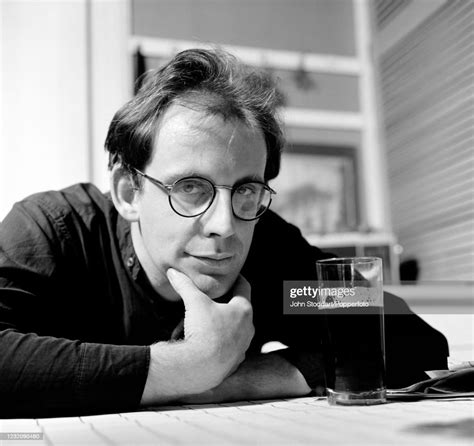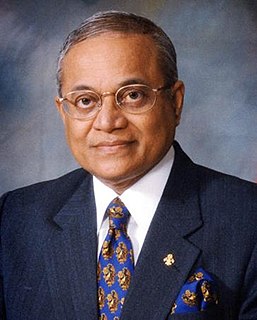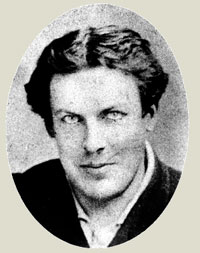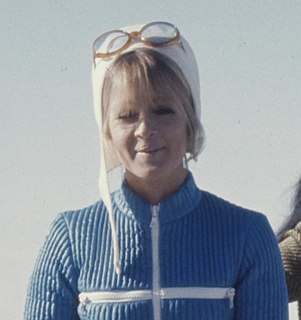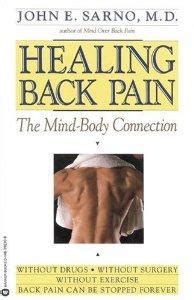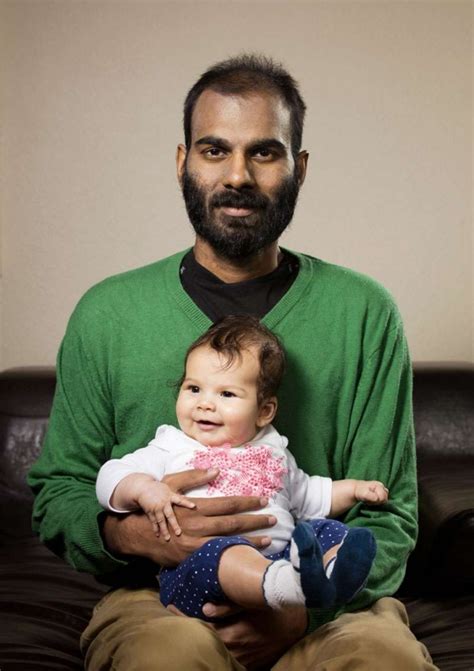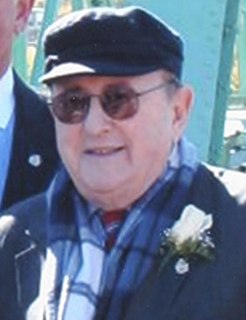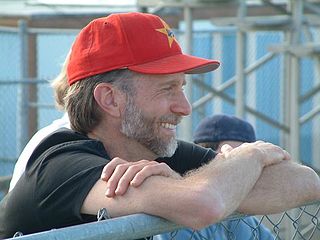A Quote by Madison Smartt Bell
Edwidge Danticat's prose has a Chekhovian simplicity--an ability to state the most urgent truths in a measured and patiently plain style that gathers a luminous energy as it moves inexorably forward. In this book she makes a strong case that art, for immigrants from countries where human rights and even survival are often in jeopardy, must be a vocation to witness if it is not to be an idle luxury.
Related Quotes
We believe that climate change must be viewed not only as a danger to natural systems, but also as a direct threat to human survival and well-being. We are convinced that this negotiation process must not be viewed as a traditional series of governmental trade-offs, but as an urgent international effort to safeguard human lives, homes, rights and livelihoods.
Most artists are brought to their vocation when their own nascent gifts are awakened by the work of a master. That is to say, most artists are converted to art by art itself. Finding one's voice isn't just an emptying and purifying oneself of the words of others but an adopting and embracing of filiations, communities, and discourses. Inspiration could be called inhaling the memory of an act never experienced. Invention, it must be humbly admitted, does not consist in creating out of void but out of chaos. Any artist knows these truths, no matter how deeply he or she submerges that knowing.
I try to find a style that matches the book. In the Baroque Cycle, I got infected with the prose style of the late 17th and early 18th centuries, which is my favorite era. It's recent enough that it is easy to read - easier than Elizabethan English - but it's pre-Victorian and so doesn't have the pomposity that is often a problem with 19th-century English prose. It is earthy and direct and frequently hilarious.
I feel that, historically, the Art Deco period has the most resonance for me. As a person, it has to be the plucky Clara Bow, the heroine of American silent movies of the 1920s. She embodied feminine dressing mixed with men's style. All this then evolved into the exquisite style and simplicity of Coco Chanel.
A woman is often measured by the things she cannot control. She is measured by the way her body curves or doesn't curve, by where she is flat or straight or round. She is measured by 36-24-36 and inches and ages and numbers, by all the outside things that don’t ever add up to who she is on the inside. And so if a woman is to be measured, let her be measured by the things she can control, by who she is and who she is trying to become. Because as every woman knows, measurements are only statistics... and STATISTICS LIE.
We must learn to recognize nature's truths even though we don't understand them, for some of those truths may still be beyond the ability of the human mind to comprehend. What we need is a compound prescription of humility, imagination, devotion to the truth and, above all, confidence in the eternal wisdom of nature.
We physicians have focused on the nuclear threat as the singular issue of our era. We are not indifferent to other human rights and hard-won civil liberties. But first we must be able to bequeath to our children the most fundamental of all rights, which preconditions all others; the right to survival.
As a composer, I believe that music has the power to inspire a renewal of human consciousness, culture, and politics. And yet I refuse to make political art. More often than not political art fails as politics, and all too often it fails as art. To reach its fullest power, to be most moving and most fully useful to us, art must be itself.
There are those who argue that the concept of human rights is not applicable to all cultures. We in the National League for Democracy believe that human rights are of universal relevance. But even those who do not believe in human rights must certainly agree that the rule of law is most important. Without the rule of law there can be no peace.
